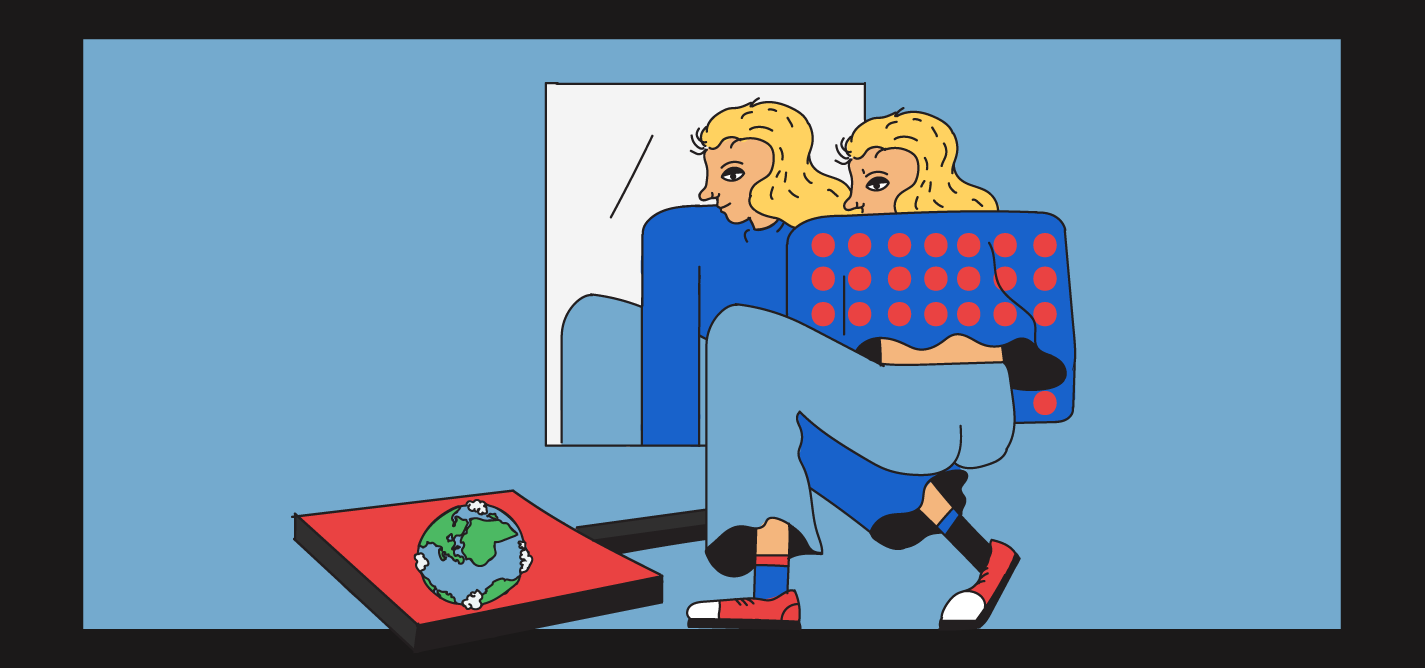
On the climate and other crises
How to begin saving the world starting with yourself.
Taking this into consideration, the million dollar question is: How do we move toward a sense of action, one that embraces the different and often very difficult and nuanced emotions?
A lot of people do care and together we can help change what is actually happening and what feels very painful and scary.

Artana Makolli
Artana Makolli is a graduate of psychology from the University of Prishtina. For the last five years, she has been working with children from all backgrounds. Currently she is oriented toward environmental activism as well as further education on combining psychology and the climate crisis.
This story was originally written in English.